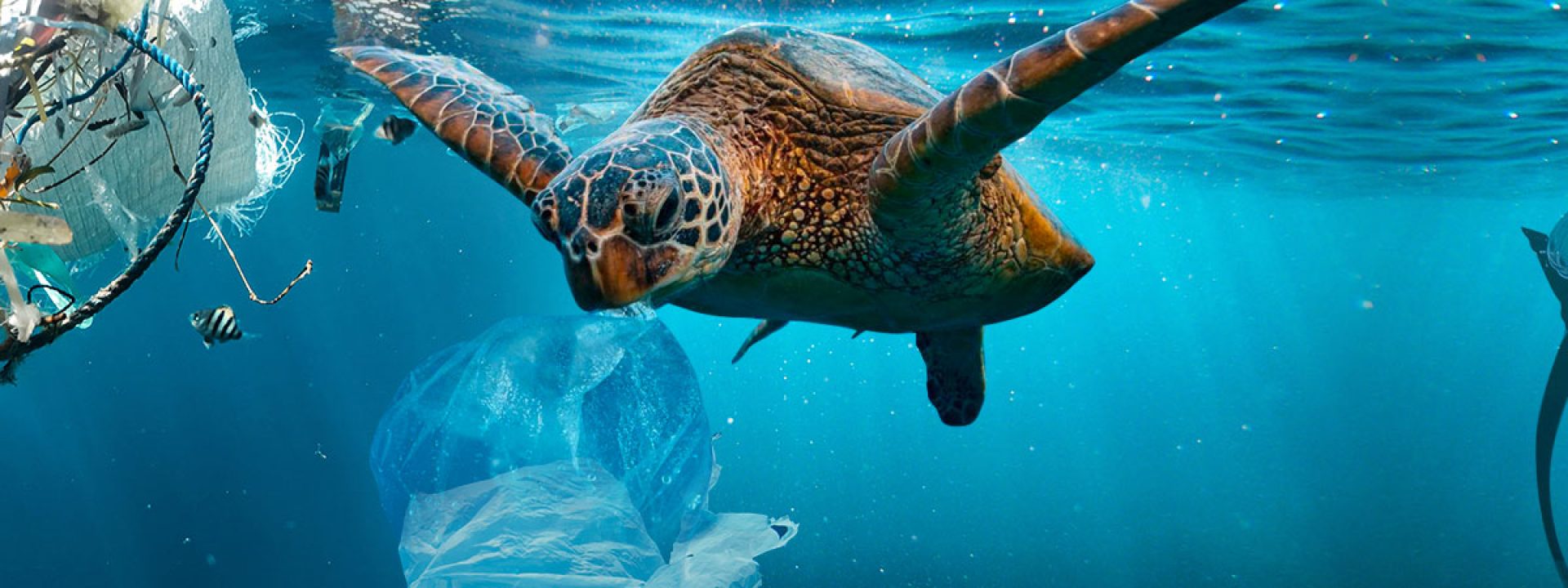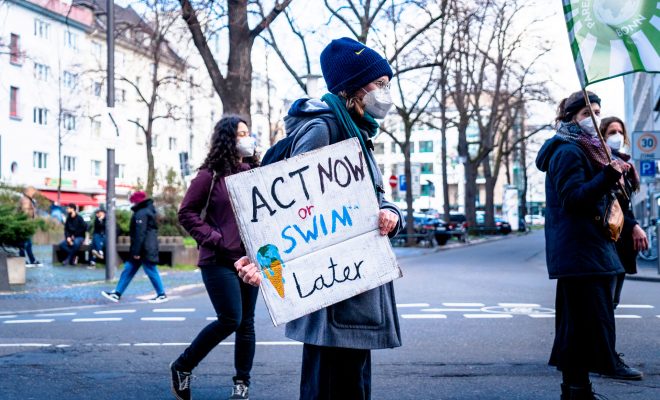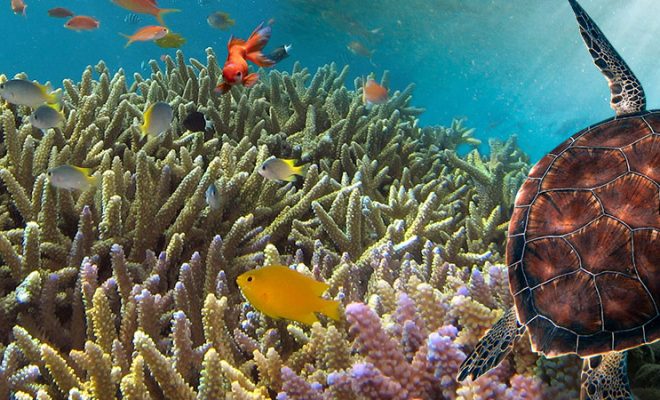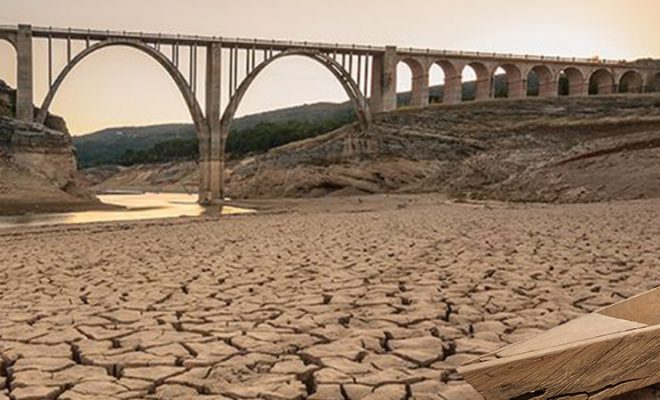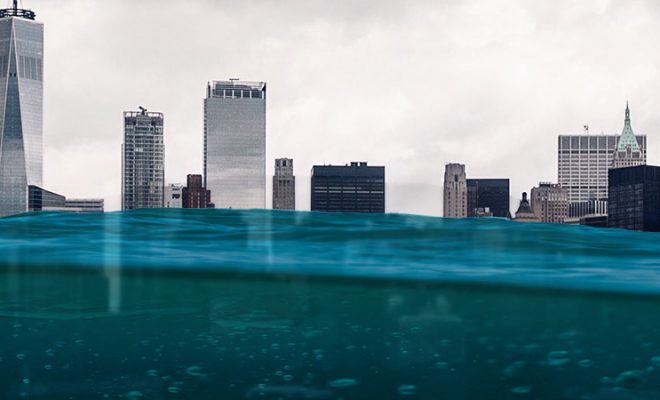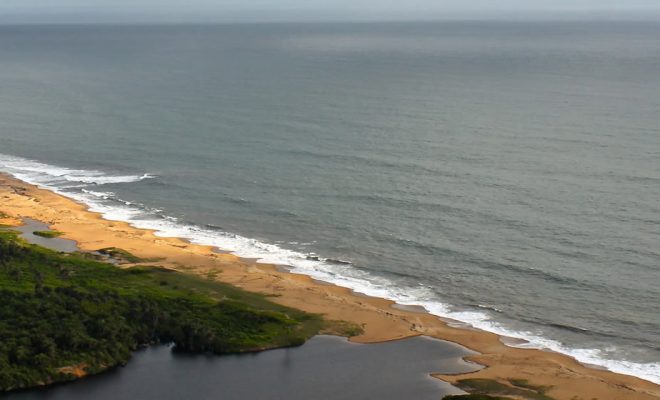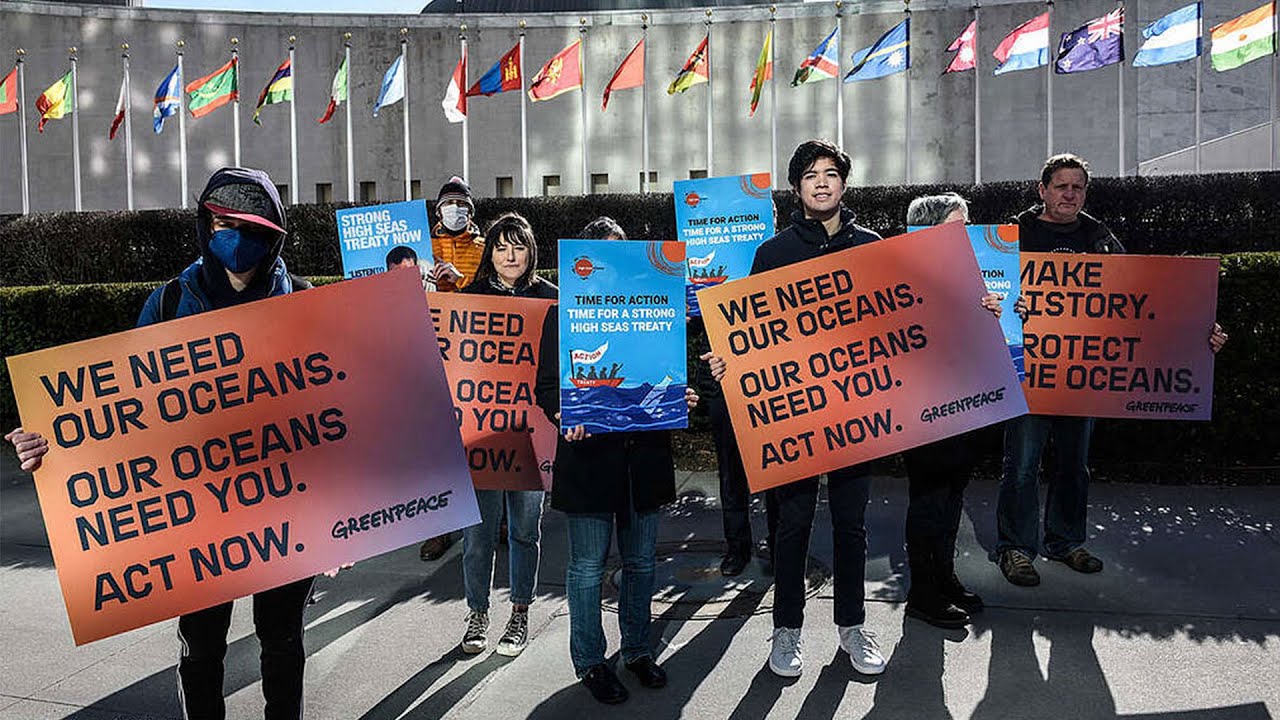
The failure of the Oceans Conference, held at the United Nations headquarters in New York last August, has increased the concern of the scientific community and the growing segment of the world’s population about the severe deterioration of seawater. Not that significant compromises were expected, but even the most pessimistic could not have imagined the total lack of agreements after two weeks of intense meetings.
The New York conference followed a previous meeting in June in Lisbon, organized by Portugal and Kenya. The conference was sponsored by the High Ambition Coalition (HAC), a high-level political forum of 50 member countries, including the most important maritime powers. 7,000 experts from 142 countries discussed the response to the alarm raised by oceanographers and climatologists about the remarkable deterioration of the oceans due to climate change and pollution.
Although little more was said, apart from noting the evidence of scientific reports and the need to reach international agreements to protect the seas urgently, the Lisbon meeting was encouraging in recognizing that SDG 14, concerning the safeguarding of the oceans, was closely linked to SDG 6, which refers to water and sanitation. The slogan launched by UNESCO’s Intergovernmental Oceanographic Commission (IOC) in 2010, One planet, one ocean, was taking shape.
In Lisbon, the HAC announced the goal of the New York Ocean Conference: to achieve a Global Ocean Treaty that would make it possible to move towards the “30×30″ objective: legal protection of 30% of the oceans by 2030.
This means moving from 3%, officially the protected area, to 30% by 2030. This is equivalent to 11 million square kilometers, the absolute minimum that scientists consider necessary to halt the deterioration and obliges us to get to work without delay. Although some more optimistic sources indicate that, in 2021, this area would already reach 8%, there is no confidence among the economically weaker countries in the way improvements are evaluated and in the practical significance of the proposed protection.
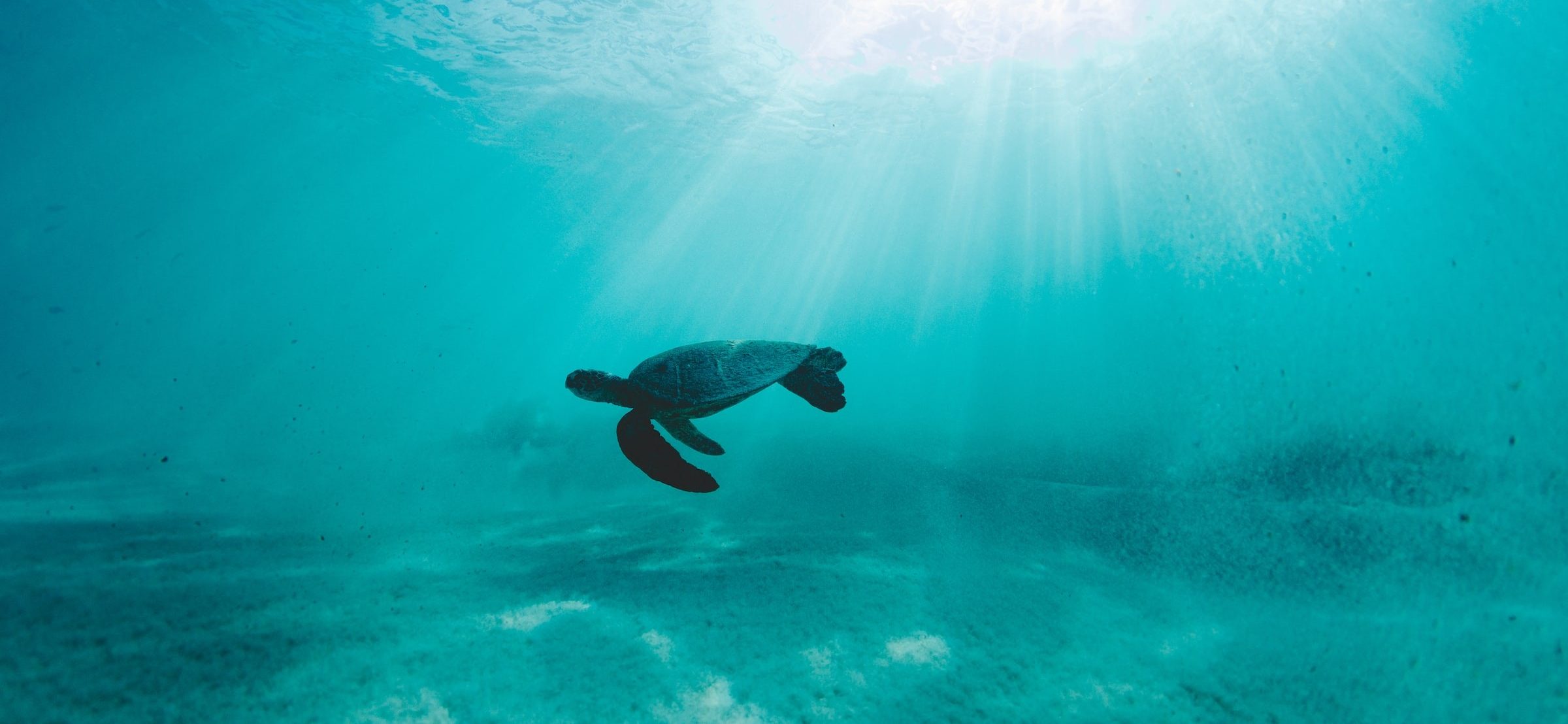
Promoting and disseminating the idea of thinking about water, regardless of whether it is fresh or salty, is a necessary step to unblock the disastrous international standstill that is undermining all SDGs. © Sarah Lee-unsplash
What does it mean to protect the sea?
We have learned much about the importance of the oceans in global sustainability in recent decades. In the Special Report on the Ocean and Cryosphere in a Changing Climate, presented in 2019 by the IPCC, scientists warn about the most pressing problems of the oceans and show very concerning future trends, pointing out that we still know little about the extent of their negative consequences. However, it is inevitable that they will directly jeopardize the livelihoods and food security of billions of people.
In short, the oceans suffer the consequences of global warming, water acidification, and pollution mainly due to plastic and chemical discharges from agriculture and industries.
Therefore, the first protective measure is the reduction of greenhouse gases (GHG), which are the leading causes of global warming and acidification of the oceans through their absorption. The second is to tackle land-based pollution from river discharges: fertilizers and sewage (80 to 90% of the planet’s wastewater is not treated). The third must address the destruction of the biodiversity of critical habitats, such as coral reefs, mangroves, and seagrass meadows, such as Posidonia. The fourth, perhaps the most controversial, is to prevent overfishing, taking into account the needs of artisanal fishing communities and the small economies of the least powerful countries, which are most threatened by rising sea levels and the deterioration of their waters.
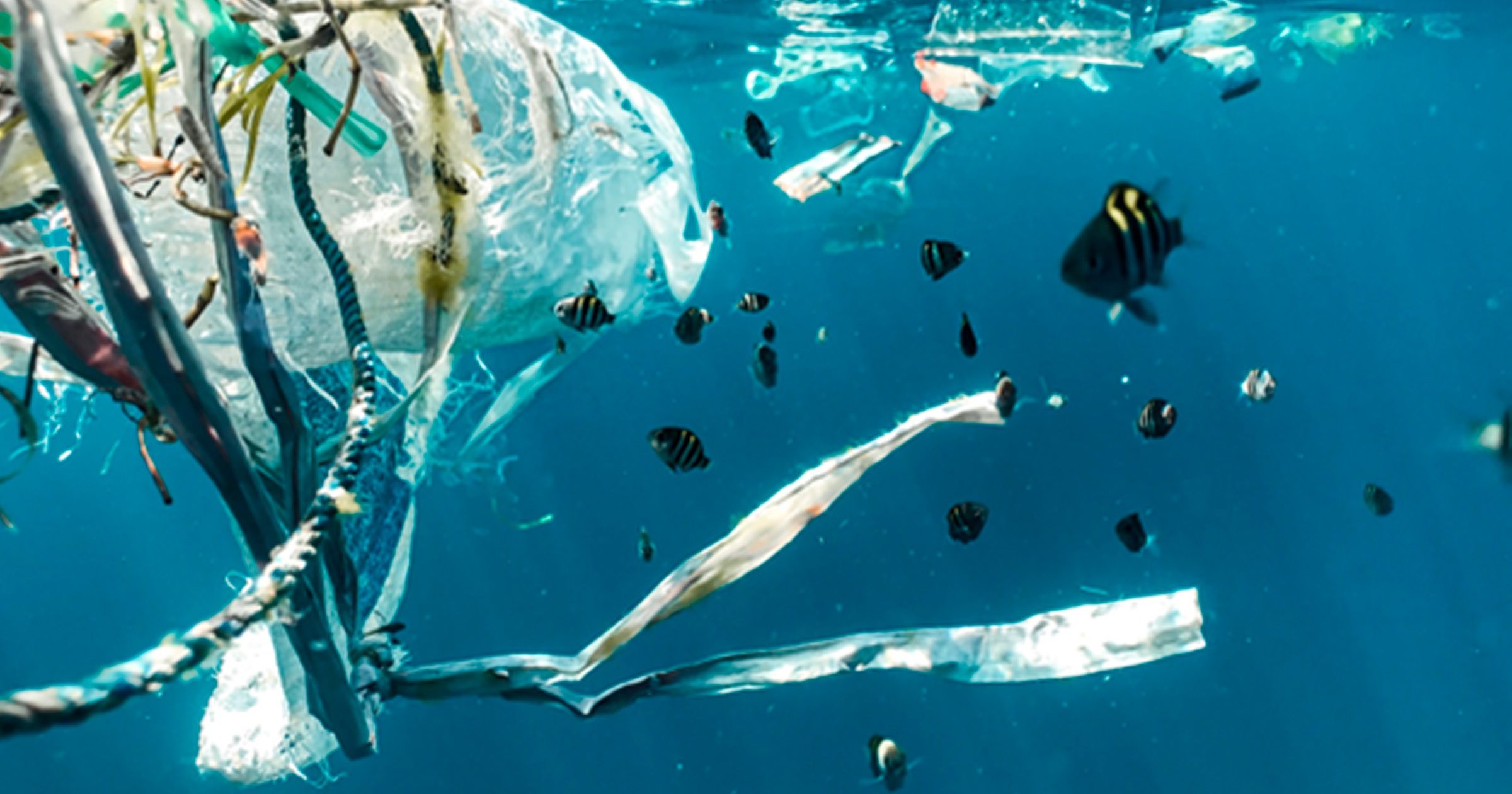
The oceans suffer the consequences of global warming, water acidification, and pollution mainly due to plastic,among others. ©Naja Bertolt Jensen- unsplash
Steps towards action with little conviction
Concern for the oceans has recently lagged behind the fight against global warming mitigation, especially after COP 21 in Paris and the unease triggered by the ambiguity in the commitments of the major coal and oil powers. The first Oceans Conference was held in June 2017 in New York, in the context of the concern caused by the US exit from the Paris agreements announced by Donald Trump’s administration. The scientific community noted the lack of enthusiasm in reaching partnerships shown by the participants- The conference had neither numbering – it was not the “first” – nor even a proper name – as it was spelled without capital letters. The relative failures of subsequent COPs have not helped to create a sense of urgency for action.
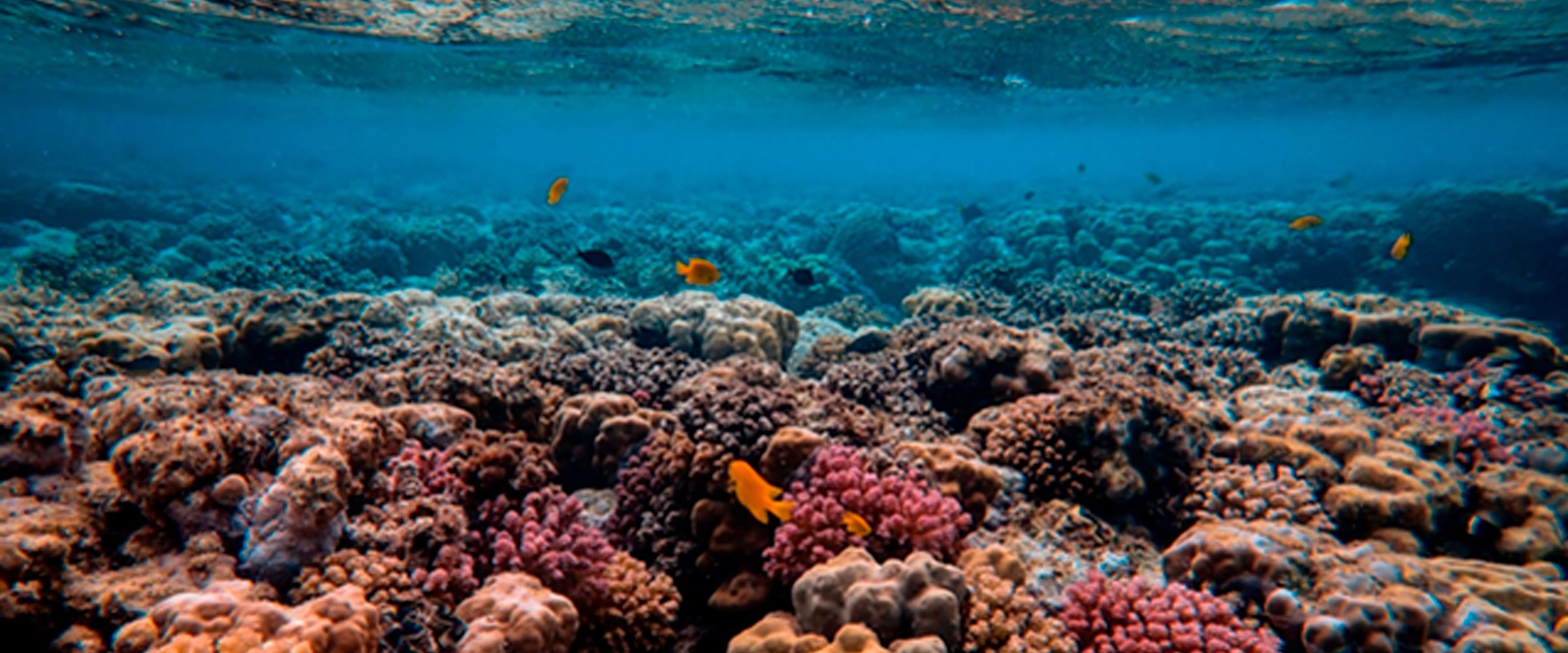
A protective measure must address the destruction of the biodiversity of critical habitats, such as coral reefs, mangroves, and seagrass meadows. © Francesco Ungaro – unsplash
Why are we failing?
A fundamental purpose of any ocean agreement is the regulation of marine genetic resources (MGR) in areas beyond national jurisdiction, including how to share benefits and promote international scientific research. One of the most controversial points concerns sharing potential benefits from the exploitation of MGRs, where pharmaceutical, chemical, and cosmetic industries hope to discover and patent valuable molecules.
Illegal fishing and overfishing, pollution from maritime traffic, or marine activity to extract gas or oil are other problems beset by economic interests that are the most difficult to address.
In this sense, one of the causes of the difficulty in reaching agreements is to go beyond the jurisdictional waters of the different countries and cover the rest, 64% of the total, which are international waters where the law of the strongest prevails. The Secretary General of the United Nations, António Guterres, has constantly warned that the “selfishness” of some countries hinders progress in the talks that have been taking place in recent years.
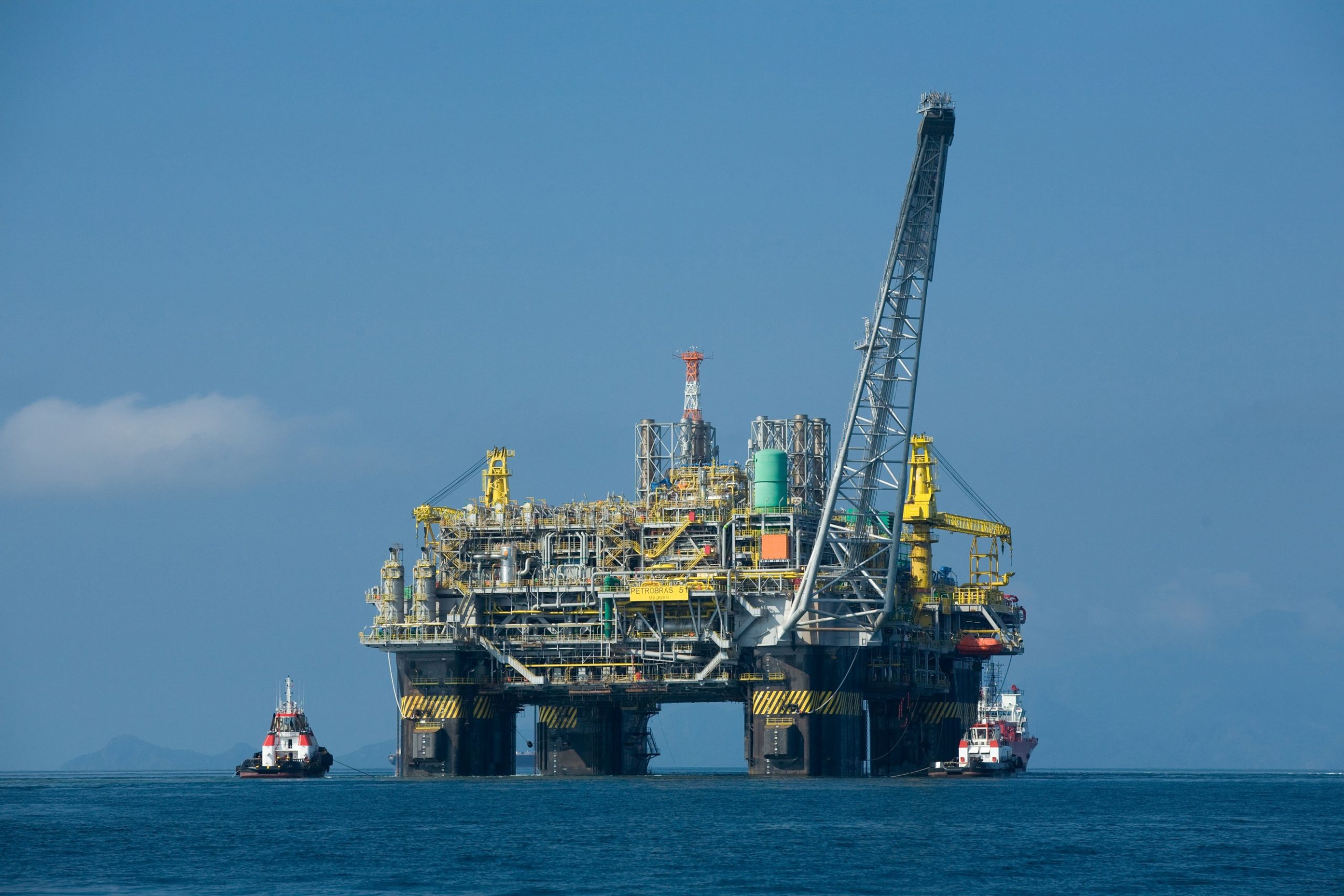
Pollution from maritime traffic, or marine activity to extract gas or oil are other problems beset by economic interests that are the most difficult to address. © Divulgação Petrobras / ABr
However, the evidence of the climate crisis, which has been felt for the first time in countries that seemed immune to it, has brought about a remarkable change in public opinion, which has almost always perceived the problems of the sea as distant, something that does not belong to our natural habitat as a species. It is a mistake to think this way; our water is the basis for the planet’s sustainable future.


